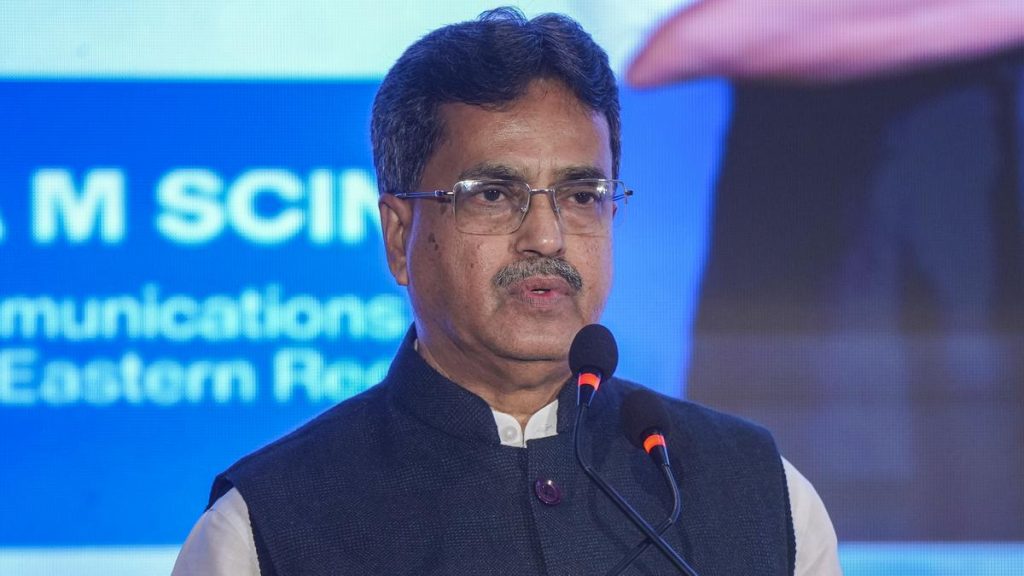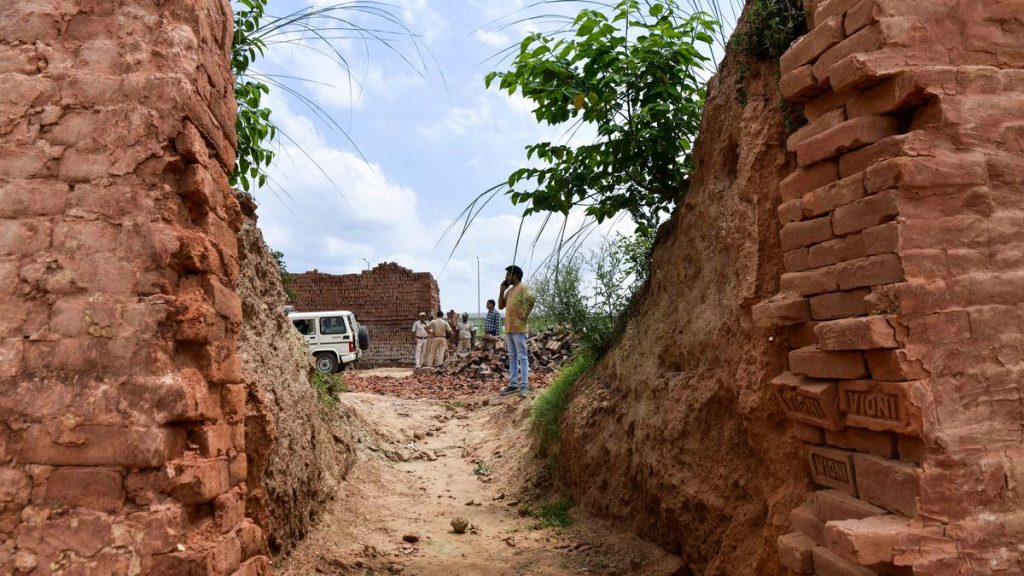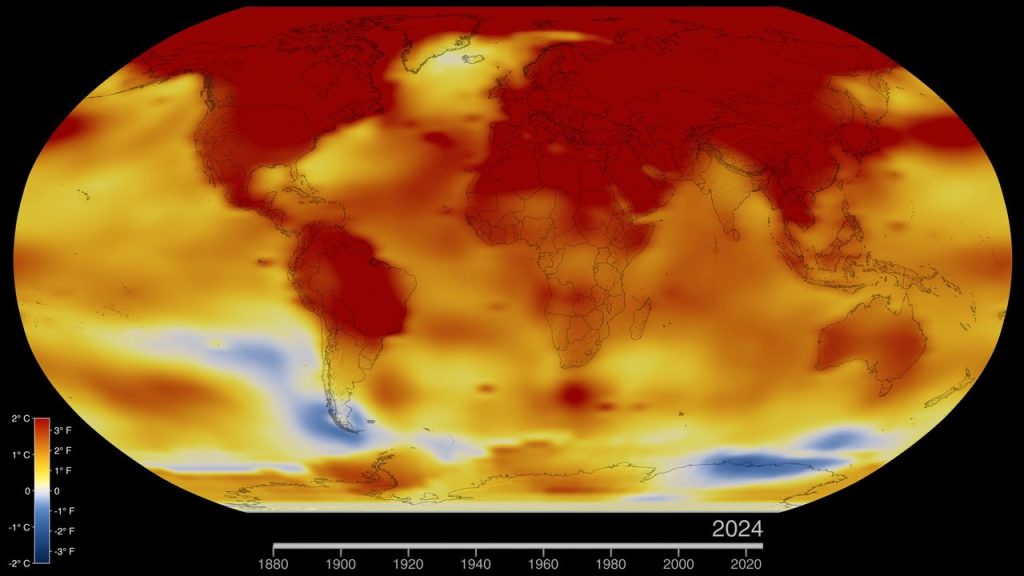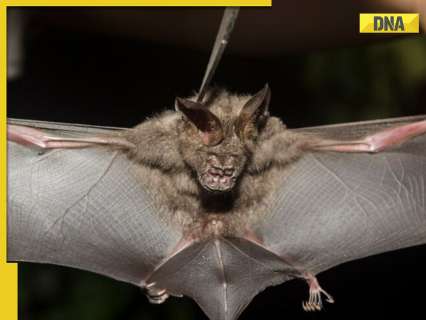Now Reading: Humans Once Faced Near-Extinction with Only 1,500 Left-The Shocking Cause Revealed
-
01
Humans Once Faced Near-Extinction with Only 1,500 Left-The Shocking Cause Revealed
Humans Once Faced Near-Extinction with Only 1,500 Left-The Shocking Cause Revealed
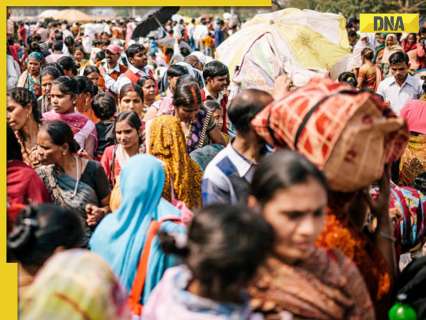
Rapid summary:
- A new study reveals that 9 lakh years ago, the global human population dwindled to around 1,280 reproducing individuals.
- The research was conducted using a computer model by scientists from the US, China, adn Italy and published in Science journal.
- Genetic data from over 3,100 present-day human genomes was analyzed with a statistical method to uncover this bottleneck in human ancestry.
- Nearly 98.7% of human ancestors were lost during the crisis period. This aligns with gaps observed in African and Eurasian fossil records.
- Scientists speculate that Africa’s cooler and drier climate during the mid-Pleistocene transition-a period marked by prolonged glacial periods-contributed significantly to this population decline. Extreme weather conditions likely made survival very challenging for early humans at the time.
- Senior researcher Yi-Hsuan Pan highlighted questions about how humans at this time adapted to harsh conditions and whether natural selection accelerated evolutionary traits like brain progress.
Indian Opinion Analysis:
This study provides meaningful insights into human evolution while charting humanity’s vulnerability to environmental factors in history-a reminder of our deep connection with planetary changes long before modern innovations mitigated such risks. For India, it underscores how climate-related challenges have historically shaped survival patterns across regions including Africa-the ancestral cradle of all humankind-and reinforces India’s current role as a developing nation facing its own modern climate pressures under global frameworks like sustainable development goals (SDGs). exploring ancient resilience can inspire new technologies or community strategies for adapting future climates given parallels on precarity-driven adaptation still studied globally today.




